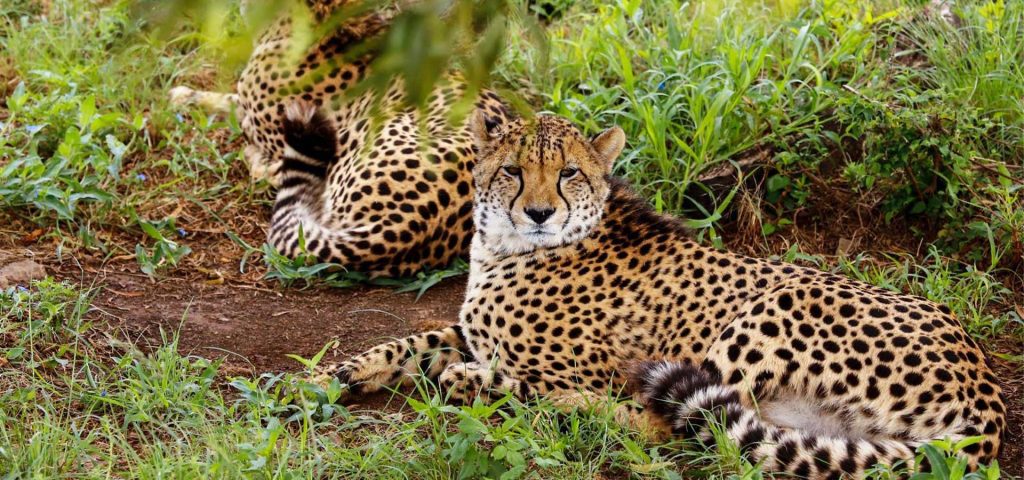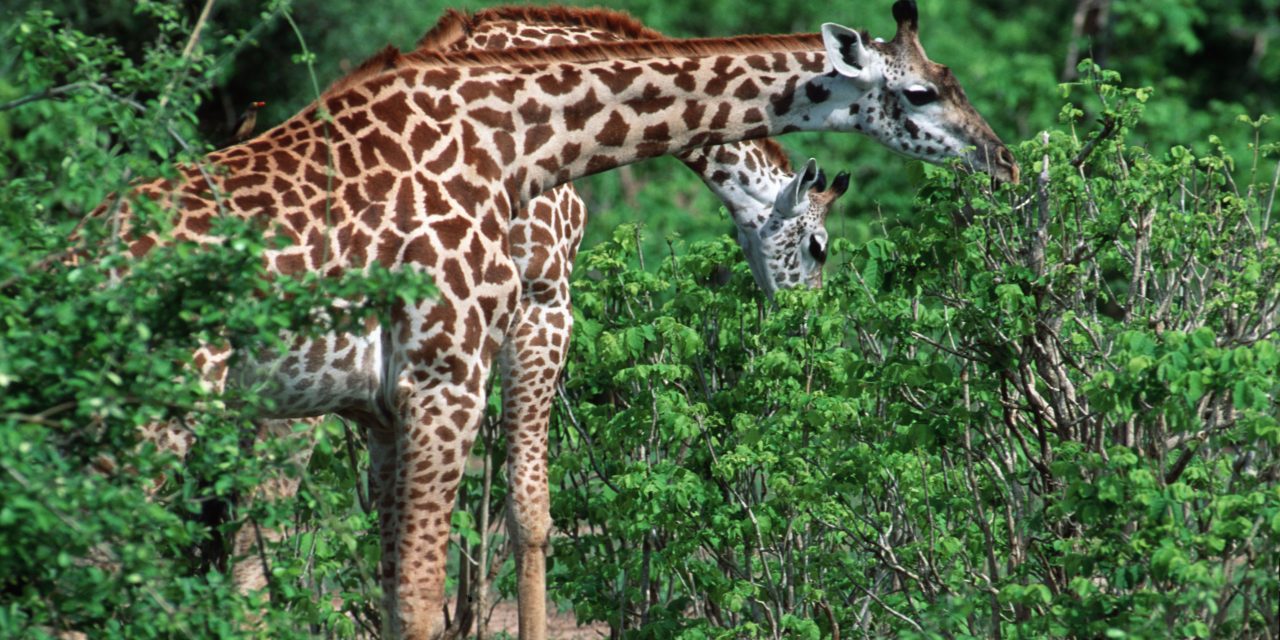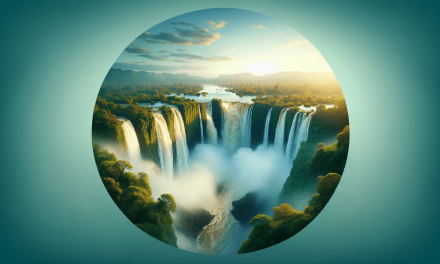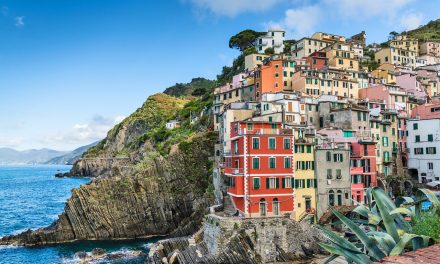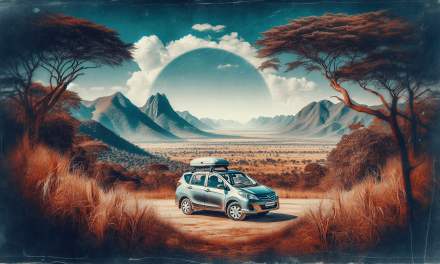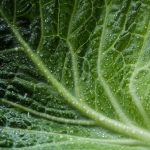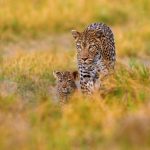So, you’re curious about whether or not it’s possible to see wildlife in Zambia? Well, I’m here to tell you that you’re in for a treat! Zambia, located in the heart of southern Africa, boasts an incredible array of diverse landscapes and rich ecosystems, making it a haven for wildlife enthusiasts. From the iconic African elephants gracefully roaming the vast plains to the majestic lions prowling their territories, Zambia offers plenty of opportunities to witness these remarkable creatures in their natural habitat. So get ready to embark on an unforgettable journey, as we explore the abundance of wildlife that Zambia has to offer. Absolutely! Zambia is renowned for its diverse and abundant wildlife, and it offers numerous national parks where you can have incredible wildlife experiences. Let’s dive into some of the top national parks in Zambia and the unique wildlife experiences they offer.
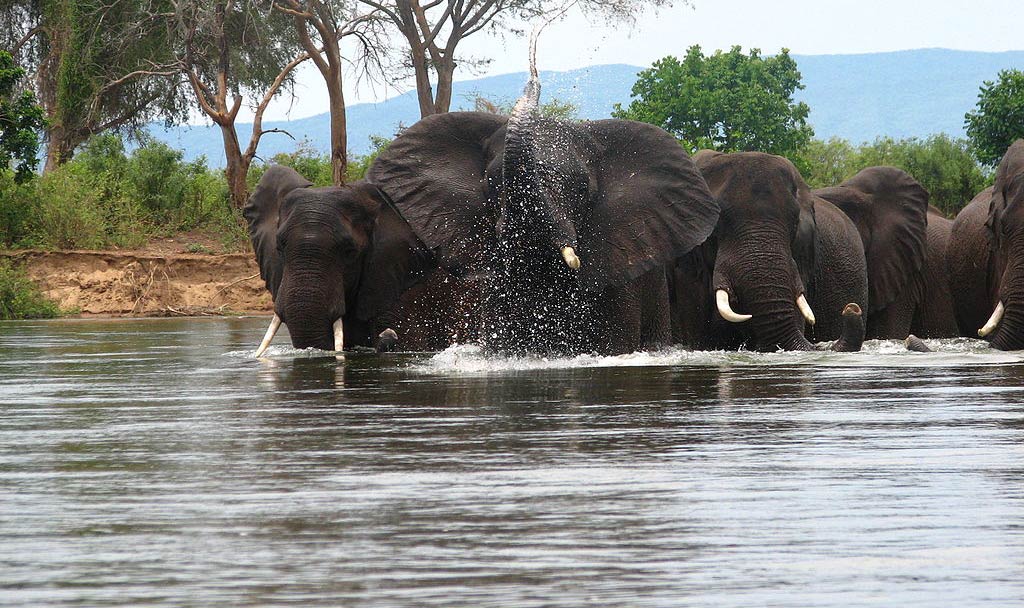
National Parks in Zambia
South Luangwa National Park
Located in eastern Zambia, South Luangwa National Park is known for its remarkable density of wildlife. It is one of the best places in Africa for an authentic safari experience. Here, you have the chance to spot elephants, lions, leopards, buffaloes, hippos, crocodiles, giraffes, zebras, antelopes, and a wide variety of birds.
One of the standout features of South Luangwa is its walking safaris. This exhilarating experience allows you to explore the African bush on foot, accompanied by knowledgeable guides who will provide insights into the flora and fauna. The park also offers night game drives, giving you the opportunity to spot elusive nocturnal creatures that come to life after the sun sets. Birdwatching enthusiasts will also be delighted by the incredible diversity of bird species found in the park.
Kafue National Park
As Zambia’s largest national park, Kafue National Park is a haven for wildlife enthusiasts. Situated in the western part of the country, Kafue boasts a wide array of wildlife species, including elephants, lions, leopards, buffaloes, antelopes, and an incredible variety of birdlife. The Kafue River, which meanders through the park, attracts numerous animals, making it a prime location for wildlife viewing.
One of the unique experiences you can have in Kafue is a leopard safari. These elusive creatures are known for their stealth and can be difficult to spot in the wild. However, with the help of experienced guides, you’ll have a better chance of encountering these magnificent cats. Birding safaris are also popular in Kafue, thanks to the park’s diverse avian population.
Lower Zambezi National Park
Located along the majestic Zambezi River, Lower Zambezi National Park offers a stunning backdrop for wildlife encounters. The park is renowned for its river safaris, where you can observe wildlife from the comfort of a boat. This allows for unique and up-close views of elephants bathing, hippos wallowing, and crocodiles lurking along the riverbanks. Fishing is also a popular activity in Lower Zambezi, offering the chance to catch tigerfish and other freshwater species.
In addition to the water-based wildlife experiences, Lower Zambezi is home to large elephant herds that frequently roam near the river. Observing these gentle giants in their natural habitat is a truly humbling experience. From the banks of the Zambezi, you may also spot a variety of other animals coming to quench their thirst and graze on the lush vegetation.
North Luangwa National Park
For those seeking a more off-the-beaten-path adventure, North Luangwa National Park is a fantastic choice. This remote and untamed wilderness remains relatively untouched by mass tourism, offering a truly authentic African safari experience. The park is best known for its walking safaris, providing a unique opportunity to explore the bush on foot while being immersed in the sights, sounds, and scents of the African wilderness.
North Luangwa is also involved in black rhino conservation efforts, making it a significant destination for those passionate about wildlife conservation. While sightings of these endangered creatures are rare, the park’s conservation initiatives are helping to protect their habitat and ensure their long-term survival.
Conservation Efforts in Zambia
Zambia is committed to preserving its wildlife and natural resources. Many conservation efforts in the country are community-led, with communities playing an active role in wildlife conservation and ecotourism initiatives. This approach not only ensures the protection of wildlife but also provides sustainable livelihoods for local communities.
Additionally, Zambia is home to several conservation organizations that work tirelessly to protect and conserve wildlife. These organizations engage in research, anti-poaching efforts, and community outreach programs, contributing significantly to the preservation of Zambia’s unique ecosystems.
Anti-poaching measures are also implemented throughout the national parks in Zambia to combat the illegal wildlife trade. Park rangers and law enforcement agencies work together to apprehend poachers and to dismantle the networks involved in wildlife trafficking.
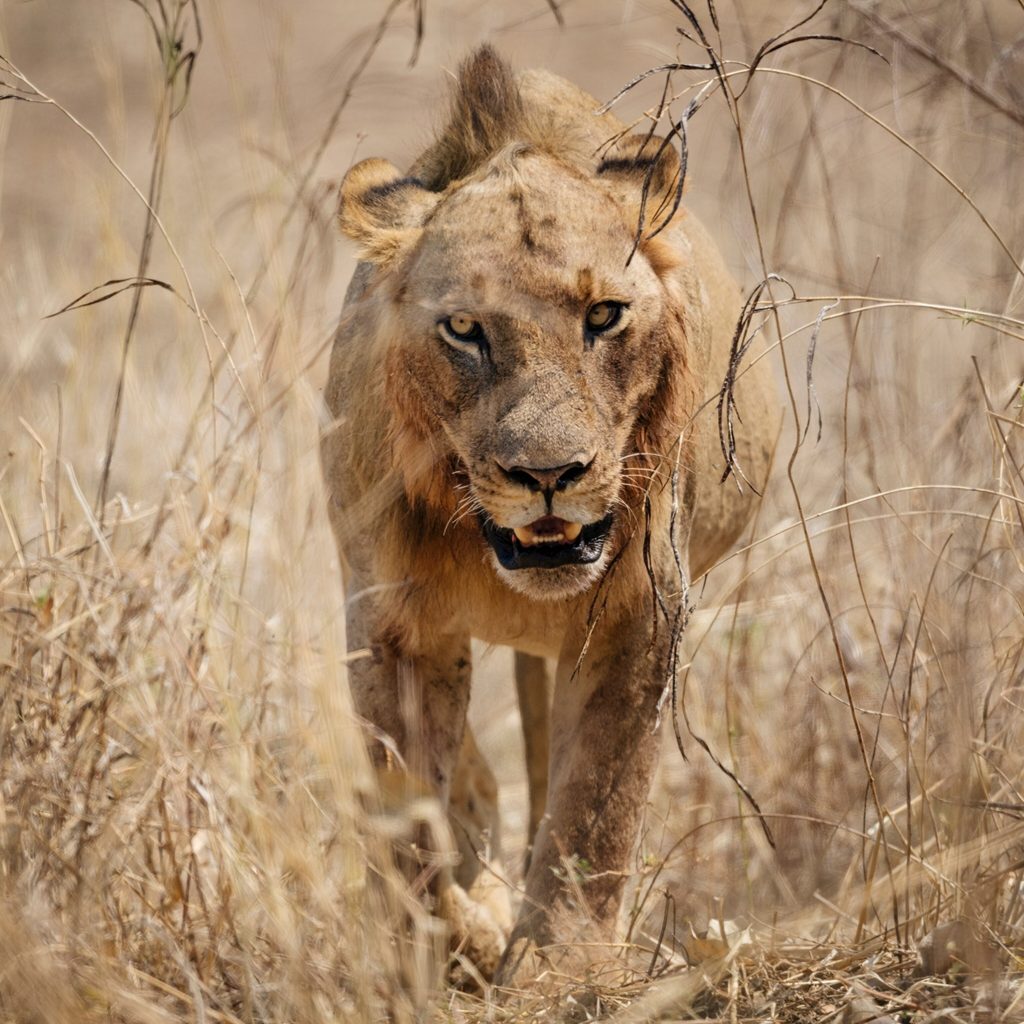
Planning a Wildlife Safari
If you’re considering a wildlife safari in Zambia, it’s essential to plan ahead to make the most of your experience.
Choosing the Right Season
The best time to see wildlife in Zambia largely depends on the season. The dry season, from May to October, is considered the peak wildlife-viewing season. During these months, animals congregate around water sources, making them easier to spot. The wet season, from November to April, brings lush vegetation and fewer tourists, but wildlife sightings can be more challenging due to the increased foliage.
Selecting a Safari Operator
Choosing a reliable and reputable safari operator is crucial to ensuring a memorable and safe experience. Look for operators with extensive knowledge of the local wildlife, experienced guides, and a commitment to responsible and sustainable tourism practices. Reading reviews and seeking recommendations from fellow travelers can also help you find a trusted safari operator.
Obtaining Necessary Permits
To enter and explore national parks in Zambia, you will need to obtain permits. These permits can be obtained from the local authorities or through your safari operator. It is important to research and understand the permit requirements and any associated fees to ensure a smooth entry into the national parks.
Accommodation Options
Zambia offers a range of accommodation options to suit different preferences and budgets. From luxury lodges and tented camps to more budget-friendly options, there is something for every traveler. Many lodges and camps are located within or near national parks, offering convenient access to wildlife-rich areas.
Transportation
Transportation within Zambia can vary depending on the destination and your chosen safari operator. Many safari packages include transportation from major cities to the national parks. This can be in the form of domestic flights, road transfers, or a combination of both. It’s important to confirm the transportation arrangements with your safari operator to ensure a seamless journey.
In conclusion, Zambia’s national parks offer an incredible opportunity to experience abundant wildlife in their natural habitats. Whether you choose to explore South Luangwa, Kafue, Lower Zambezi, or North Luangwa, you can expect encounters with remarkable wildlife species and unique experiences such as walking safaris, night game drives, and river safaris. With ongoing conservation efforts and responsible tourism practices, you can enjoy the beauty of Zambia’s wildlife while contributing to its long-term preservation. So why wait? Start planning your wildlife safari in Zambia and get ready for an adventure of a lifetime!
